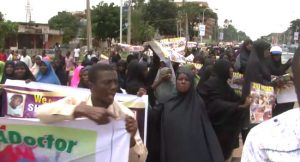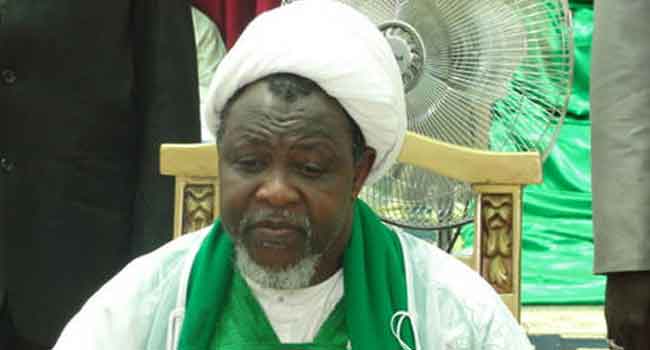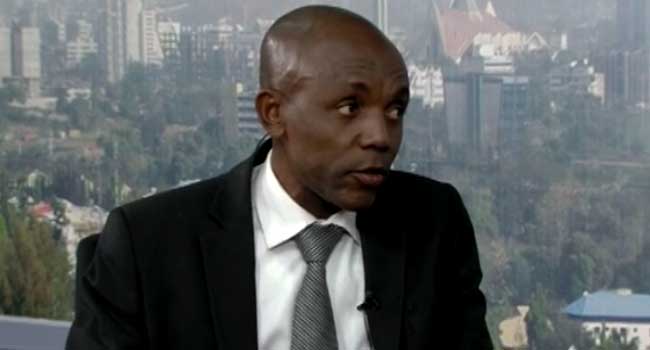
Addressing a news conference in Kaduna, spokesman for the state Governor, Samuel Aruwan, says the Islamic Movement in Nigeria is never a registered organisation in the state.
According to him, members of the group have refused to conduct themselves with full adherence to the laws of the state.
He explained that the state government had no intention to ban any duly registered religious group, but except for those that were illegal and a threat to peace and security in the society.
Mr Aruwan added that the government would continue to uphold religious freedom and constitutional rights of every citizen in the state to practice the religion of their choice.
Earlier in the year, the Judicial Commission of Inquiry into the clash between soldiers and members of the movement in Zaria last year, recommended the proscription of the IMN.
The state government had on October 7 issued an Order declaring the Shiites group an unlawful association.
A statement issued by Mr Aruwan said the government secured an order from the State Executive Council to ban the group from either existing or operating in the state with immediate effect.

In proscribing the group, the government invoked Section 45 (1) of the Nigerian Constitution which empowers the state Governor to take such measures and actions for the promotion and protection of public safety, public order, public morality or public health, or the rights and freedom of all persons in the State.
The statement further explained that the action was to ensure that all persons and organisations were guided by lawful conduct and with due allegiance to the Nigerian state and its Constitution.
With the ban, the statement warns that any citizen of the state, who under any appellation or mutation with the propensity of causing the breakdown of law and order, or operates in a manner dangerous to the good governance of the State, shall be prosecuted in accordance with the Laws of Kaduna State.
After the government made the announcement, a spokesman for the sect, Ibraheem Musa, said its members were not going to be intimidated into resorting to violence.
“Very soon, we shall challenge this ban through legal and peaceful means,” he said.
The Islamic Movement in Nigeria came to prominence when its members clashed with the Nigerian Army in the northern city of Zaria, Kaduna state, in December 2015.
A judicial inquiry in August concluded that the army killed 348 of the sect’s members, a figure that the army has disputed.
The Shiite sect’s leader has been held in custody, without charge, by Nigeria’s security agency since his December arrest following the clashes. His supporters have called for his release.
Members of the group have also held several protests demanding the release of their leader.
One of such protests the group tried to launch after their ban was announced was scuttled by security operatives in Kaduna state.
The protest showed members of the group have ignored the order banning the group and embarked on a procession to commemorate the annual Ashura festival in remembrance of Rhe Matrydon of the grand-son of Prophet Mohammed, Imam Hussein .


